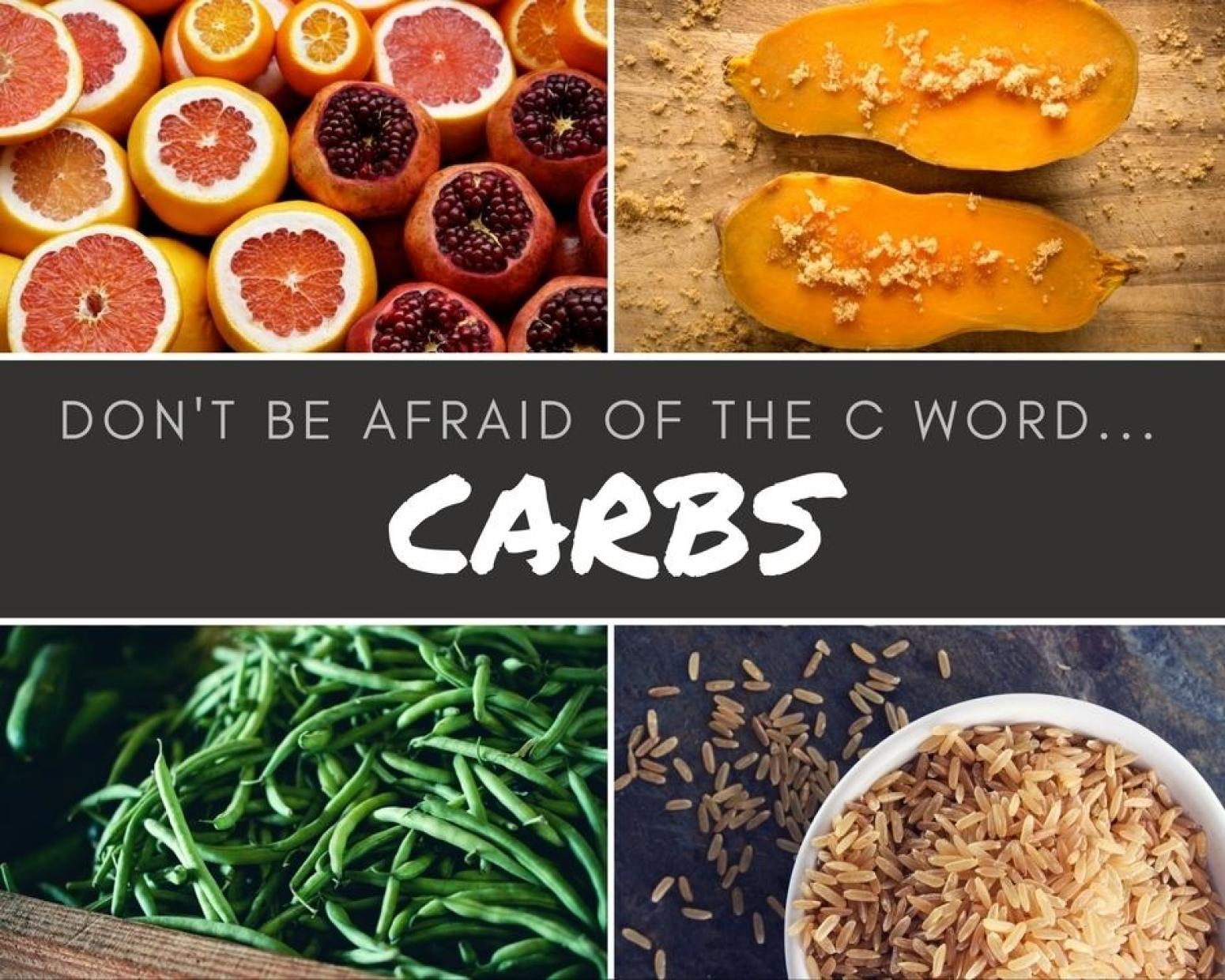Carbohydrates, the topic that will never cease to be fought, laughed, and cried about until the world ends. Why is there so much debate? Firstly, it’s because the total grams of carbohydrates your body needs is highly individualized. Secondly, it’s because the type of carbs matter.
You may need more carbs if you are highly active, if you are female (especially if you have irregular cycles, are pregnant or breastfeeding), if your thyroid health is not optimal, or if you’ve been low carb for an extended amount of time. You may need fewer carbohydrates if you have a condition which interferes with your ability to process them such as insulin resistance, PCOS, or diabetes.
The source of your carbohydrate intake matters immensely. The more processed the carbohydrate is, the more likely it is to lead to weight gain. The faster the body breaks it down into sugar, the faster your blood sugar will spike. High blood sugar triggers a hormonal response, insulin, which signals the body to store the excess sugar as fat. Not exactly ideal for most people. In general, the healthiest, most beneficial carbohydrates are the ones with the highest fiber and protein content.
Here are some examples:
Beans
Beans have the highest fiber and protein ratio of any other source of carbohydrates making them an excellent source for blood sugar control.
Sweet Potatoes
They get all the attention because they are slightly more nutrient dense and contain more fiber than their regular counterparts.
Potatoes
Don’t entirely discount potatoes, though, they are a nutrient dense source of carbohydrate. They especially contain high amounts of potassium and vitamin C. The problem is when we consume them in processed forms. Stick with baked potatoes with a teaspoon of butter and seasonings.
Whole Grains
Whole grains aren’t as nutrient dense as beans, potatoes, or fruit. However, they do contain a higher amount of protein and fiber than the refined counterparts. They also provide B-vitamins that support energy production. In general, most Americans consume too many refined flours and grains in the form of baked goods. Swapping them for whole grains that with minimal processing is a huge step in the right direction. Try grains such as oatmeal, brown rice, and quinoa.
Fruit
Fruit, contains a ton of nutrients and fiber. However, it also contains the most simple forms of carbohydrate. It is best to consume fruit pre- or post-workout to minimize the insulin effect.
